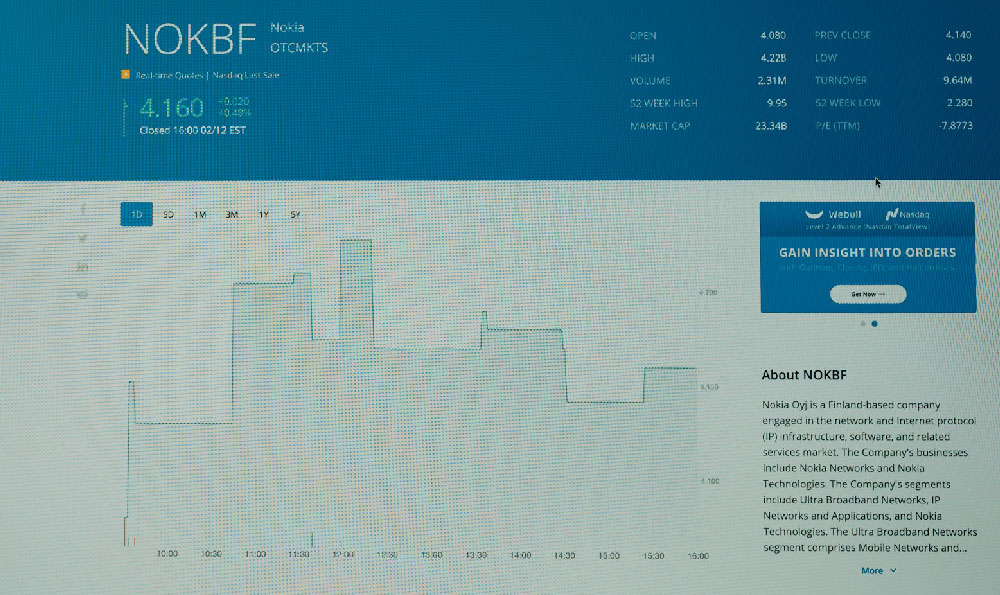
Let's delve into the hypothetical wealth accrued by the victor of the fictional Squid Game and explore whether such a windfall, even if immense, truly constitutes "worth it." While the premise is rooted in a dystopian television series, the economic and psychological implications of sudden, vast wealth are very real and applicable to the world of cryptocurrency investments and other high-stakes financial endeavors.
In the show, the winner claims a prize pool of ₩45.6 billion, which, at the time of the series' release, roughly translated to around $38 million USD. That's a significant sum of money, capable of fundamentally altering a person's life trajectory. However, the true value and sustainability of this "win" are far more nuanced than a simple dollar amount suggests.
First, let's consider the practical realities of handling such a large sum. Suddenly being thrust into wealth, especially after experiencing significant financial hardship, can be incredibly destabilizing. The winner, Gi-hun, demonstrates this struggle. Without proper financial planning and guidance, the prize money is vulnerable to rapid depletion through unwise investments, impulsive spending, or exploitation by unscrupulous individuals. A competent financial advisor is paramount in this situation. They can help establish a diversified investment portfolio, encompassing assets like stocks, bonds, real estate, and even, cautiously, cryptocurrency. Diversification is key to mitigating risk and ensuring long-term growth.

The investment approach for someone coming into a sudden fortune differs significantly from a seasoned investor gradually building wealth. A conservative, long-term strategy is generally advisable. The initial focus should be on capital preservation, ensuring the money lasts for decades to come. This might involve allocating a significant portion of the funds to low-risk investments like government bonds or high-quality dividend-paying stocks. A smaller portion could be allocated to higher-growth potential investments, including carefully selected cryptocurrencies, but only after thorough due diligence and a clear understanding of the associated risks.
Cryptocurrency, in particular, presents a double-edged sword. The potential for high returns is undeniable, but the volatility and regulatory uncertainty make it a precarious space for inexperienced investors. Gi-hun, fresh off his Squid Game victory, would need to approach this market with extreme caution. A small allocation to well-established cryptocurrencies like Bitcoin and Ethereum, coupled with a robust understanding of blockchain technology and market dynamics, might be considered. However, chasing speculative "altcoins" based on hype or promises of quick riches is a recipe for disaster. The Squid Game token fiasco, a real-world event inspired by the show, serves as a stark reminder of the dangers lurking in the crypto world.
Beyond the financial aspects, the psychological toll of winning such a game is immense. Gi-hun is deeply traumatized by the experience, haunted by the deaths of his fellow contestants. This trauma undoubtedly affects his decision-making and his ability to enjoy his newfound wealth. The guilt, the fear, and the moral compromises inherent in the game's premise cast a long shadow over his victory.
This highlights a critical aspect of wealth management that often gets overlooked: the emotional component. Winning a life-changing sum of money can trigger anxiety, depression, and a sense of isolation. Building a support network of trusted friends, family, and therapists is crucial for maintaining mental well-being. Furthermore, engaging in philanthropic activities can provide a sense of purpose and help to alleviate the guilt associated with sudden wealth.
So, was it "worth it"? The answer is complex and highly subjective. From a purely financial perspective, $38 million USD, if managed wisely, could provide a comfortable and secure future for Gi-hun and his loved ones. However, the psychological cost, the trauma endured, and the moral compromises made arguably outweigh the financial benefits. The experience stripped away his innocence and left him with scars that money cannot heal.
In the context of cryptocurrency investing, this lesson is equally relevant. While the allure of quick riches is tempting, it's crucial to remember that investing involves risk. The potential for significant gains is always accompanied by the potential for significant losses. Never invest more than you can afford to lose, and always prioritize long-term financial security over short-term speculation. Moreover, be wary of projects that promise unrealistic returns or lack transparency. Do your own research, understand the underlying technology, and consult with a qualified financial advisor before making any investment decisions.
Ultimately, the true measure of "worth" lies not in the size of your bank account, but in the quality of your life, the integrity of your actions, and the relationships you nurture. The Squid Game winner's story serves as a cautionary tale, reminding us that wealth without wisdom can be a curse rather than a blessing. Approach cryptocurrency investments with the same caution and foresight, and remember that the journey to financial security should never come at the expense of your values and well-being. It is not about how much one makes, but the price they pay for it, and how they utilize their wealth for good, not only for themselves, but also for others.





